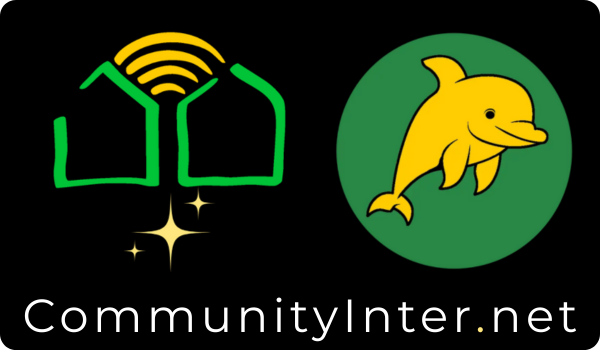Michigan legislators working on digital equity
-
Michigan legislators working on digital equity
AI:
Several Michigan legislators and officials are actively working on digital equity initiatives, primarily focused on expanding high-speed internet access across the state. Here are some key figures and their contributions:
1. **Lt. Governor Garlin Gilchrist II**: He has been a significant advocate for digital equity, celebrating the approval of Michigan’s State Challenge Process under the BEAD program. This initiative aims to identify unserved and underserved locations to expand high-speed internet infrastructure effectively【35:0†source】【35:3†source】.
2. **Governor Gretchen Whitmer**: She announced the first round of ROBIN grant awards, allocating $203 million to connect over 70,000 unserved homes and businesses in Michigan. This funding is part of a broader effort to provide high-speed internet access across the state, emphasizing its necessity for health care, education, employment, and more【35:5†source】【35:8†source】.
3. **Congresswoman Debbie Dingell**: She has emphasized the importance of the BEAD program, which secured over $1 billion through the Bipartisan Infrastructure Law to expand broadband access. She views this as a crucial step toward closing the digital divide and ensuring equitable access to digital connectivity【35:0†source】.
4. **Congresswoman Elissa Slotkin**: Slotkin has prioritized expanding broadband access, likening it to essential utilities like water and electricity. She is actively involved in legislative efforts to reduce the digital divide and support universal internet access【35:0†source】.
5. **Congresswoman Hillary Scholten**: She highlighted the critical nature of internet access, supporting the $1.5 billion investment to ensure connectivity across Michigan. Scholten is committed to enhancing digital infrastructure to foster more connected communities【35:0†source】.
6. **Congressman Shri Thanedar**: He supports the BEAD program and views its approval as a vital step toward bridging the digital gap in Michigan, ensuring all residents have access to high-speed internet and the opportunities it brings【35:3†source】.
These efforts collectively aim to enhance digital equity across Michigan by addressing both the infrastructure needs and the broader socioeconomic impacts of internet access. The state’s strategy includes a mix of federal funding, state-led initiatives, and collaboration with local governments and organizations to create a more digitally inclusive environment.
Sorry, there were no replies found.
Log in to reply.

